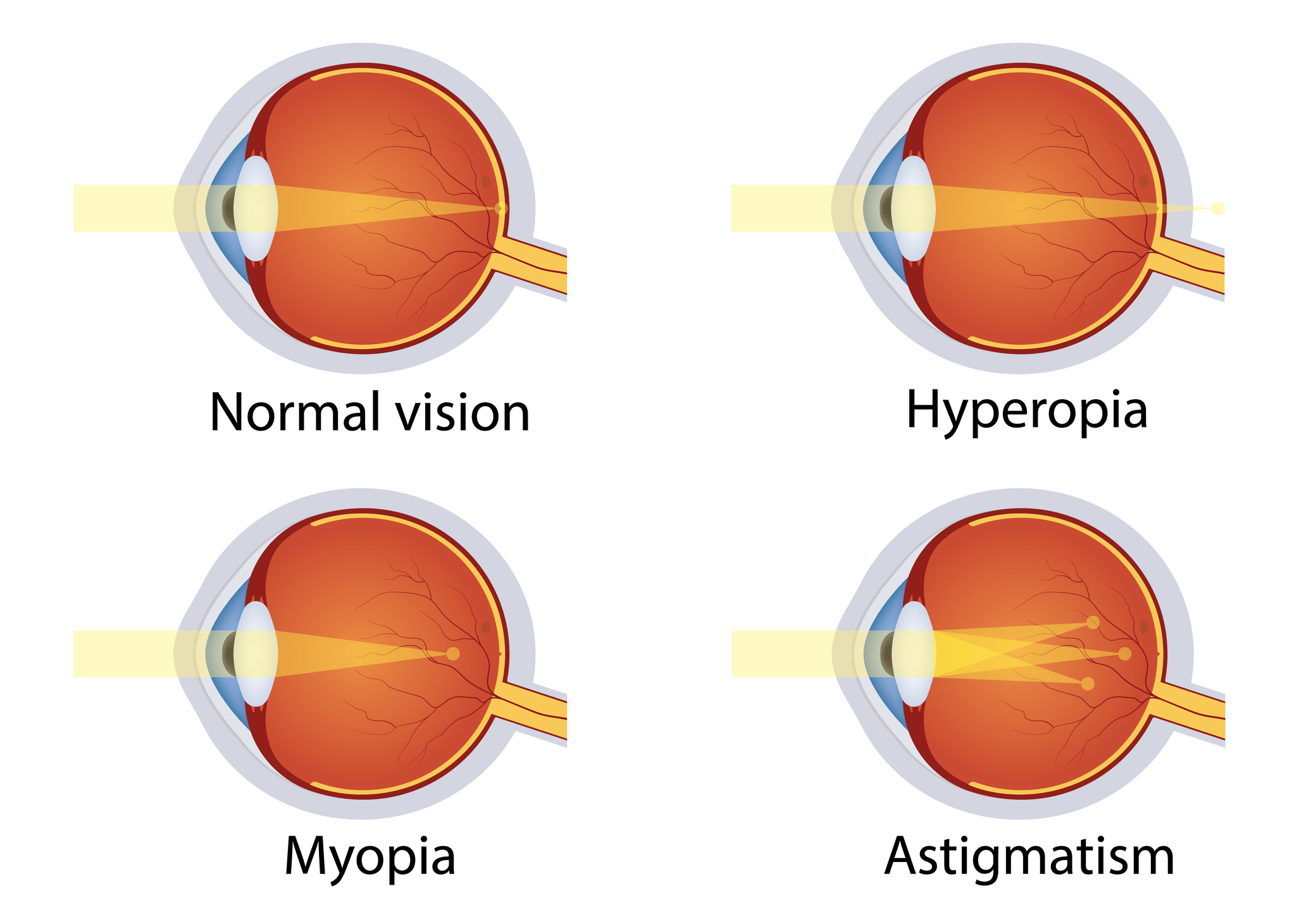Navigating Neuro-ophthalmic Surgery: Advancements in Treating Optic Nerve Disorders
Introduction
Neuro-ophthalmic surgery represents a specialized field within ophthalmology and neurosurgery dedicated to the diagnosis and treatment of disorders affecting the optic nerve and its associated structures. Optic nerve disorders can lead to significant visual impairment and require meticulous management to preserve or restore vision. In this article, we delve into the complexities of neuro-ophthalmic surgery, exploring its role in addressing optic nerve disorders, advancements in surgical techniques, and the potential for improved patient outcomes.
Understanding Optic Nerve Disorders
- Optic Neuropathies: Conditions such as optic neuritis, ischemic optic neuropathy, and compressive optic neuropathies can result in vision loss due to damage to the optic nerve.
- Optic Nerve Tumors: Tumors affecting the optic nerve, including optic nerve gliomas and meningiomas, may require surgical intervention to relieve compression and preserve vision.
- Traumatic Optic Neuropathy: Trauma to the optic nerve, often associated with head injuries or orbital fractures, can cause vision loss and require prompt surgical evaluation and management.
Surgical Approaches in Neuro-ophthalmic Surgery
- Decompressive Surgery: For compressive optic neuropathies caused by tumors or other lesions, decompressive surgery aims to relieve pressure on the optic nerve and restore visual function.
- Optic Nerve Sheath Fenestration: In cases of idiopathic intracranial hypertension or papilledema, optic nerve sheath fenestration involves creating small openings in the optic nerve sheath to alleviate pressure and reduce optic disc swelling.
- Optic Nerve Glioma Resection: Surgical resection of optic nerve gliomas aims to remove tumor tissue while preserving as much optic nerve function as possible, often requiring a delicate balance between tumor eradication and visual preservation.
Advancements in Surgical Techniques
- Minimally Invasive Approaches: Endoscopic and keyhole surgical techniques allow for precise access to the optic nerve and surrounding structures with minimal disruption to surrounding tissues, reducing surgical morbidity and recovery time.
- Intraoperative Monitoring: Advanced intraoperative monitoring techniques, including visual evoked potentials and electroretinography, help assess optic nerve function during surgery, guiding surgical decision-making and optimizing outcomes.
- Neuroimaging Guidance: High-resolution neuroimaging modalities such as magnetic resonance imaging (MRI) and computed tomography (CT) provide detailed anatomical information and assist surgeons in planning and executing neuro-ophthalmic procedures with precision.
Considerations for Patient Care
- Multidisciplinary Collaboration: Optimal management of optic nerve disorders often requires collaboration between ophthalmologists, neurosurgeons, neurologists, and other specialists to tailor treatment strategies to individual patient needs.
- Patient Education and Support: Patients undergoing neuro-ophthalmic surgery require comprehensive preoperative education, counseling, and ongoing support to understand the risks, benefits, and expected outcomes of surgery.
Future Directions and Challenges
- Novel Therapies: Emerging therapies such as neuroprotective agents, gene therapy, and stem cell transplantation hold promise for preserving optic nerve function and promoting regeneration in optic nerve disorders.
- Access to Care: Ensuring equitable access to neuro-ophthalmic surgical expertise and resources remains a challenge, particularly in underserved regions and communities with limited healthcare infrastructure.
Conclusion
Neuro-ophthalmic surgery plays a vital role in the management of optic nerve disorders, offering innovative surgical techniques and multidisciplinary approaches to preserve or restore vision. With ongoing advancements in surgical technology, imaging modalities, and therapeutic interventions, the future of neuro-ophthalmic surgery holds promise for improving outcomes and quality of life for patients affected by optic nerve disorders. Collaboration between clinicians, researchers, and healthcare systems is essential to address the complex challenges and optimize care for individuals with neuro-ophthalmic conditions.
World Eye Care Foundation’s eyecare.live brings you the latest information from various industry sources and experts in eye health and vision care. Please consult with your eye care provider for more general information and specific eye conditions. We do not provide any medical advice, suggestions or recommendations in any health conditions.
Commonly Asked Questions
Common symptoms include vision loss, changes in color vision, visual field defects, and optic disc swelling.
Neuro-ophthalmic surgery is recommended in cases where conservative treatments fail to improve vision or when there’s a risk of permanent vision loss.
Recovery times vary depending on the specific procedure and individual factors, but most patients can expect gradual improvement in vision over several weeks to months.
Like any surgical procedure, neuro-ophthalmic surgery carries risks such as infection, bleeding, and damage to surrounding structures. Your surgeon will discuss potential risks and benefits with you before the procedure.
While surgery may not always restore vision completely, it can help preserve remaining vision and prevent further deterioration in many cases.
Imaging tests such as MRI and CT scans are commonly used to visualize the optic nerve and surrounding structures, helping diagnose conditions like tumors, inflammation, and trauma.
Yes, non-surgical treatments such as medication, vision therapy, and lifestyle modifications may be recommended depending on the underlying cause of the optic nerve disorder.
Your surgeon will provide specific instructions for preoperative preparation, which may include fasting before surgery, discontinuing certain medications, and arranging for transportation home after the procedure.
Recovery typically involves postoperative visits with your surgeon, follow-up imaging tests, and adherence to any prescribed medications or rehabilitation exercises.
Yes, regular follow-up appointments are essential to monitor your progress, assess visual function, and address any concerns or complications that may arise.
news via inbox
Subscribe here to get latest updates !








